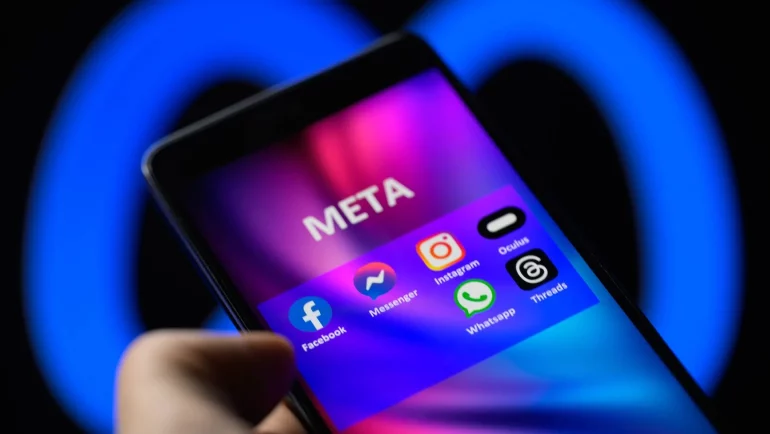- Meta and Universal Music Group expand their music licensing agreement.
- The agreement addresses the issue of unauthorized AI-generated content.
- Artists and songwriters face challenges from AI systems using their work without consent.
- UMG and Meta collaborate to protect artists’ rights against AI misuse.
- The deal follows a dispute between UMG and TikTok, which was later resolved.
- A related AI lawsuit involves startups accused of using copyrighted music to train models.
- Meta promotes an ethical approach to AI in music, but concerns about misuse remain.
- The agreement allows WhatsApp and Threads users to share UMG-licensed music.
Main AI News:
Meta and Universal Music Group (UMG) have deepened their long-term music licensing partnership, enabling users to share UMG’s extensive music catalog across Meta’s platforms — Facebook, Instagram, Horizon, Threads, and WhatsApp — without risking copyright infringement. A significant highlight of this renewed agreement is its focus on combating “unauthorized AI-generated content,” which refers to using copyrighted music by AI systems without the creators’ approval. This growing issue has prompted concern among artists and songwriters, who increasingly see their work used to train AI models without their consent.
Michael Nash, UMG’s Chief Digital Officer and Executive Vice President, commented on the collaboration, stating, “We look forward to continuing to work together to address unauthorized AI-generated content that could affect artists and songwriters so that UMG can continue to protect their rights both now and in the future.”
This expanded agreement comes after a noteworthy dispute between TikTok and UMG earlier this year. UMG’s music catalog was temporarily removed from the platform due to AI and online safety concerns. The two companies reached an agreement in May, restoring music from prominent artists like Billie Eilish and Taylor Swift to TikTok.
This new deal coincides with an ongoing AI-related lawsuit initiated by the Recording Industry Association of America (RIAA), which represents UMG and other major labels, against music generation startups Udio and Suno. The lawsuit alleges that these companies used copyrighted music to train their AI models, with Sudo acknowledging the use but defending it as fair use.
Meta maintains that it is committed to an ethical approach to AI in music. It has released generative AI models like AudioCraft, MusicGen, and Jasco, all of which are trained with “Meta-owned and specifically licensed music.” Nonetheless, there are concerns about potential misuse, as Meta has admitted that AudioCraft could be used to create deepfake voices.
This agreement also marks the first time that UMG-licensed music can be shared through WhatsApp. It includes Threads, Meta’s social networking platform that competes directly with X (formerly Twitter).
Conclusion:
This expanded agreement between Meta and Universal Music Group signals a significant shift in the music industry’s approach to AI-generated content. By addressing unauthorized AI use, the deal protects artists’ rights and sets a precedent for how tech and music companies will collaborate. As AI evolves, the industry will likely see more such agreements, balancing innovation with protecting intellectual property. This move strengthens Meta’s social media and digital content market position while reaffirming UMG’s commitment to safeguarding its artists’ interests. It also highlights the increasing importance of ethical considerations in AI development, which could influence regulatory standards and industry practices.

